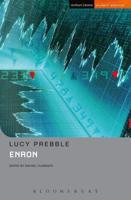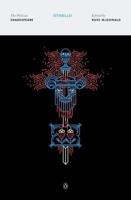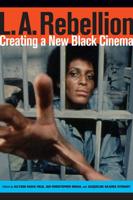Publisher's Synopsis
Fifty Key Theatre Designers looks at the history of theatrical scenography by examining the work and contributions of fifty ground-breaking set, costume, lighting, and projection designers since the Renaissance.
Developments of scenic design are traced from the introduction of perspective painting to create illusionistic scenery in Renaissance Italy to the use of digital projection in the twenty-first century. The book also discusses important landmarks in the evolution of costume and lighting design, as well as the introduction of film and video technology to stage design. A broad range of work is explored, including opera, dance, Broadway and West End commercial theatre, avant-garde performance, and even Olympic spectacles. Each chapter features one designer, including basic biographical information and a discussion of that artist's style, aesthetics, and contributions. Designers covered include Sebastiano Serlio, Ferdinando Bibiena, Richard Wagner, Adolphe Appia, and Edward Gordon Craig, amongst many other notable individuals. Each chapter also includes references to other significant designers with similar aesthetics or who made similarly important contributions to the development of that aspect of scenography.
This book is ideal for undergraduates and graduates of scenography, theatrical design, and theatre history.











